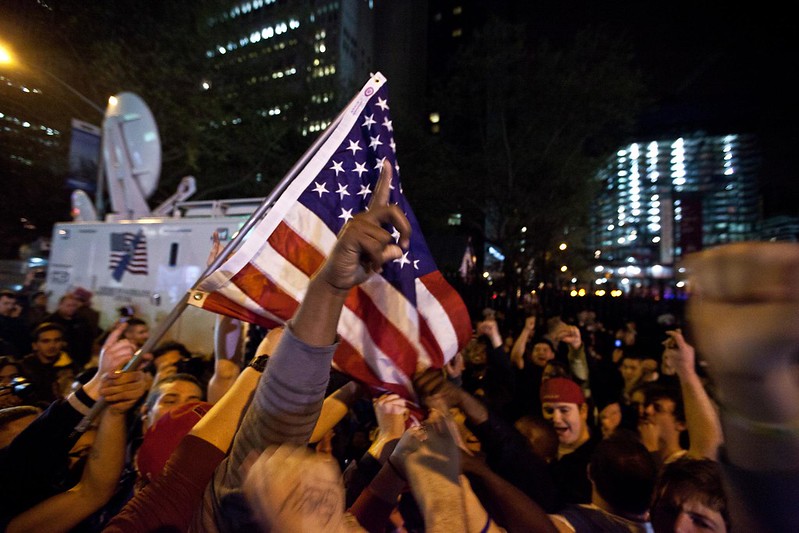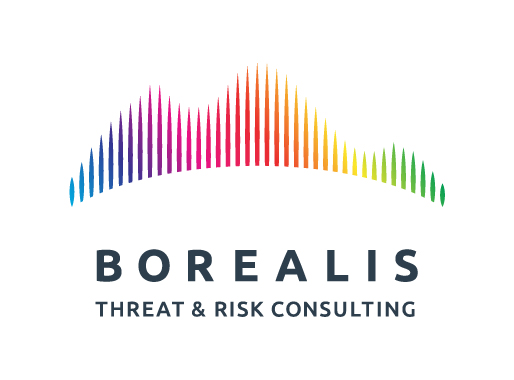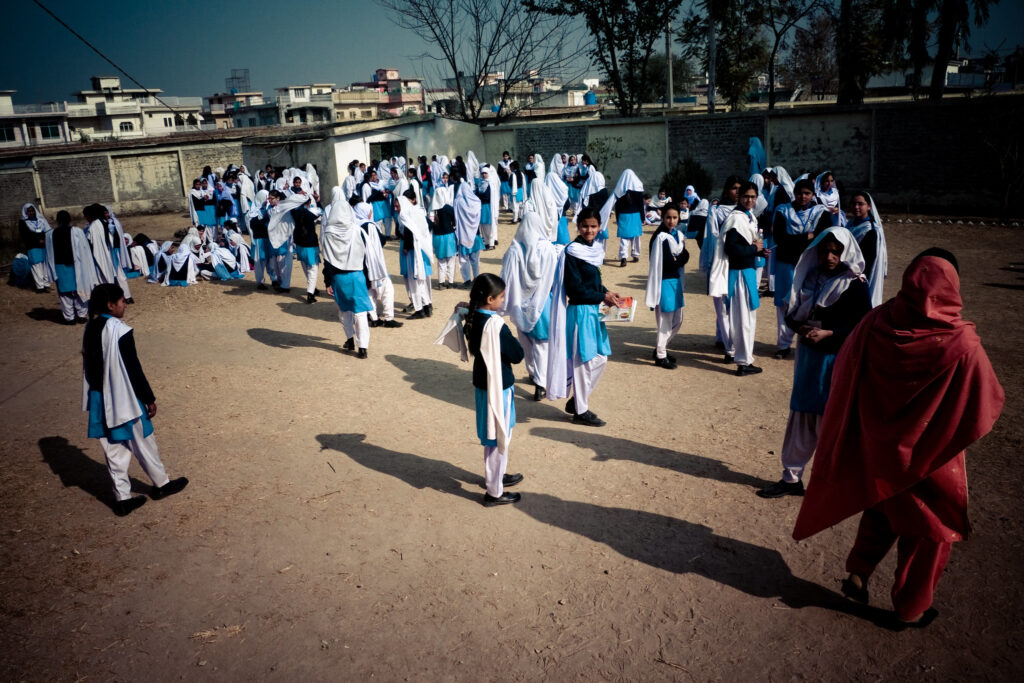Optimism is a great human characteristic but it should not blind us to what is actually happening – and will continue to transpire.
I would imagine that just about everyone, including my dedicated readers and followers, are sick and tired of hearing about terrorism. After all, it has been almost twenty years since the attacks of 9/11 and we are rapidly approaching the third decade of the self-imposed (and ill-considered) ‘war on terrorism‘ (aka the ‘forever war‘). Trillions of dollars have been spent, hundreds of thousands of lives have been lost, several countries have been invaded and a whole faith – i.e. Islam – has been inextricably linked to violent extremism. We have also witnessed terrible ‘counter terrorism‘ actions of which what the Xi Jinping government in China is doing against that nation’s Uyghurs is perhaps the worst instance.
It should be of surprise to no one that reports that an end of this scourge is in sight would be very, very welcome. And while we should be skeptical of repeated claims that terrorist group A is on the ropes – see just about every Nigerian Presidential statement on Boko Haram since 2015 – we will nevertheless cling to the hope that we can move on. That is just the way humans are.
What then to do with a recent op-ed by Washington Post correspondent Fareed Zakaria? Entitled “Ten years later, Islamist terrorism isn’t the threat it used to be” it has all the makings of a Hallelujah column (btw the ’10 years’ refers to the tenth anniversary of the killing of Al Qaeda (AQ) leader Usama bin Laden in Abbotabad, Pakistan by US Navy Seals). But is it? Are we seeing the golden dawn of a new era? Hmmm?

Let’s first see what Mr. Zakaria has to say and then do some fact checking/analysis.
- Total deaths caused by terrorism around the world have plummeted by 59 percent since their peak in 2014;
- In the West, the current threat is less from Islamist violence than far-right terrorism, which has surged by 250 percent in the same period, and now makes up 46 percent of attacks and 82 percent of deaths;
- Most Islamist terrorism today tends to be local — the Taliban in Afghanistan, Boko Haram in Nigeria, al-Shabab in the Horn of Africa
- What remains now are local problems, local discontents that are really not part of some great global movement;
- There has been a spate of Islamist attacks in France, but these were all carried out by individuals not previously known to the police and not part of any known jihadi groups… self-radicalized, with their own personal discomforts leading them to a radical ideology.; and
- For America, there is one big lesson: Stay calm. In the months after 9/11, we panicked, sacrificing liberties at home and waging war abroad, terrified that we were going to be defeated by this new enemy.
Isn’t that optimistic? Time to break out the champagne!
Or is it?
If you know anything about me you have an inkling about what I will say. While I do not see myself as a Cassandra I am a realist and not only have I been examining and writing on terrorism for 25 years and continue to watch events in dozens of nations on a daily basis (you follow me on Twitter @borealissaves to get a flavour), but I have a slightly different view.
So, what do I make of Mr. Zakaria’s glass half full views? It’s mixed. While it is true that terrorism fatalities have dropped by 59 percent since their peak in 2014 and in SOME parts of the West the current threat is less from Islamist violence than far-right terrorism this ignores several very important points;
- jihadis still account for 99.4% of all terrorist deaths worldwide and 2021 is not starting out well (especially in Afghanistan, Iraq/Syria, Nigeria, the Sahel and Somalia);
- even with the 250% increase in far right terrorism, the number of deaths from this ‘front’ in 2019 amounted to 89 (and 51 came in one single attack in New Zealand) out of a grand total of close to 14,000;
- ‘local’ has a nasty tendency to mutate to ‘global’ – that is how AQ started by the way (as did Islamic State – ISIS) and these two grew to encompass dozens of affiliates around the world;
- Mr. Zakaria dismisses the threat of homegrown plots by those “not previously known to the police and not part of any known jihadi groups. This is an error. He also commits the silly mistake of referring to ‘self-radicalisation‘; I thought we had slain that myth decades ago (i.e. NO ONE self-radicalises).
The one thing I agree with him on is his advice to ‘stay calm’.
Our reaction to 9/11, while understandable given the enormity of the attacks, played out badly. We invaded one land that made sense (Afghanistan), although we are still there 20 years later, and one that did not (Iraq). Our labeling this as a ‘war on terrorism‘ gave an opening to a whole list of other nations to treat dissent and opposition as terrorism (primarily Russia and China although many others committed the same mistake).
And it seems to me we are making the same error with the far right. It is being presented in some quarters (New York Times, Washington Post) as an ‘existential threat’ – which is most definitely is NOT – and we see a whole army of angry white folk as the enemy. How is this any different than what we did with Muslims and Islam after 9/11? Why can we not learn from what went badly?
So yes it is time to ‘stay calm’. Here is what we need to do:
- Let’s allow our protectors (primarily security intelligence and law enforcement but on occasion the military as well) to deal with the small numbers of actual terrorists still active.
- Let’s not strike jihadism off the list yet: it is NOT going away.
- And let’s stop the ‘moral panic’ over the far right (see point 1 above for what we should do instead).
It is a very good day when anyone can write positively about terrorism since the last time that happened was decades ago. Nevertheless, sunny views have to be tempered with realism. We can’t wish our way to peace and security after all.
PS I noticed that two other terrorism scholars agree with me that the notion that AQ is yesterday’s group is unwarranted: Colin Clarke and Fernando Reinares – check out their op-eds! Also, have a look at Sophia Moskalenko’s short paper on the inflation of the QAnon threat (and catch her chat with me last January.
Read More About Islamist Terrorism

Quick Hits Episode 206: when woke culture makes national security impossible
Woke and cancel culture are gaining ground on many fronts and may in fact be having a serious effect on our ability to ensure national security and public safety.
May 21, 2004: Bombing at Bangladeshi shrine
On May 21, 2004 a bomb injured the British High Commissioner to Bangladesh while he was visiting the Shah Jalal shrine, killing two.

May 7, 2018: Girls’ school bombing in Pakistan
On May 7, 2018 the Ittehadul Mujahideen North Waziristan bombed two girls’ schools in Pakistan and left pamphlets urging families not to send their children.
